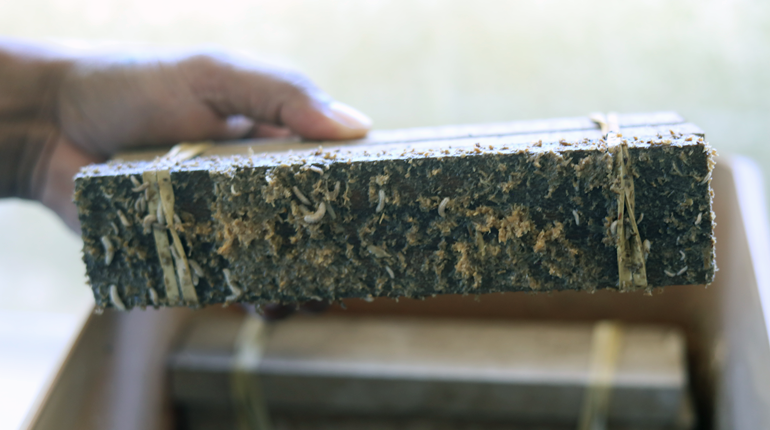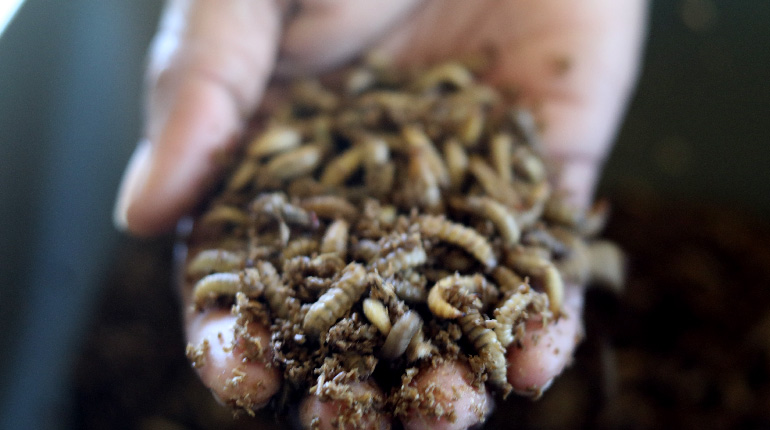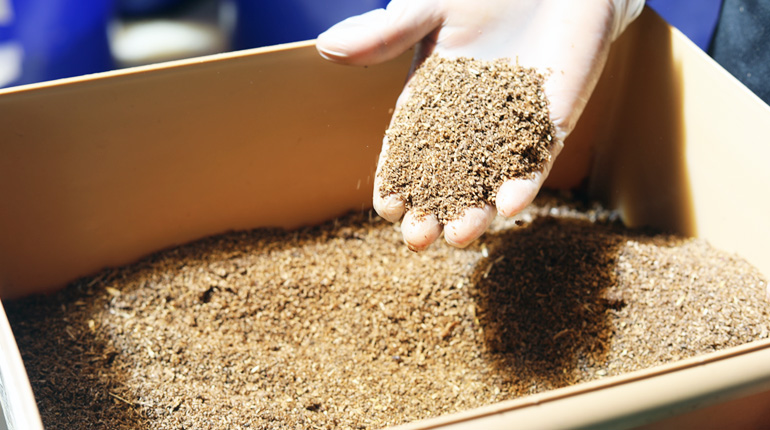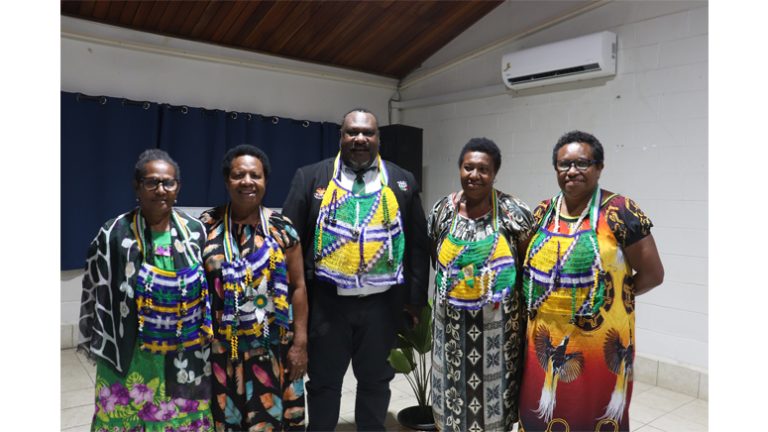Protein is an essential nutrient in animal feed that forms the building block of growth, reproduction and health. Ongoing trials at NARI’s Livestock Programme at Labu in Lae are looking at using the Black Soldier Fly Larvae as an alternative source of protein for livestock feed.
The feed trials are conducted on the tilapia and chicken using the BSFL which is looking at reducing imported protein ingredients such as soybean meal, meat and bone meal.
Livestock Researcher Arthur Roberts who is playing a lead role says studies show that there are similar challenges in East Africa where they were able to reduce feed costs from 15 to 30 percent using BSFL.
Mr Roberts explains that, feed is the single largest cost in poultry and fish farming, which makes up around 60 to 70 percent of the total cost.
The production of BSFL may lead to the reduction of feed cost especially fish feed which costs K50 per bag while broiler feed prices are soaring at K120. If BSFL is scaled up, it can potentially reduce the cost by 25 percent, and create a market for waste which may come later once this technology is grounded.
Uganda, Kenya and Indonesia have built businesses using BSF products such as the larvae and frass, an organic matter used as fertilizer.
There is potential of making BSFL a viable business in PNG where organic waste generated from markets, breweries and households for the larvae to process. Such initiatives can greatly reduce reliance on soybean which costs PNG about K10million to import each year. NARI along with other partners have learnt the art of managing BSF colonies which vary with climate, efficient harvesting of the larvae, and processing frass for farming.
There is a need for policies to give confidence in the production of the larvae mainly around biosecurity and safety requirements, renewed extension services, and adequate investment to create demand for larvae farming.
There has been positive feedback from universities, non-government organisations, and even agro-industries that see potential in BSFL as a waste management solution and livestock feed source.
There were challenges encountered when introducing BSFL; lack local suppliers of colonies which require diverse climates requiring trials, limited infrastructure, and hesitation by farmers on feeding insects to animals.
To overcome these challenges would mean developing standard operating procedures and conducting demonstrations in order for farmers to understand the benefits in rearing and using the BSFL.
BSFL protein is an essential nutrient as protein forms the building block for growth, reproduction, and
health. Without protein, animals are likely to grow slow, and reproduce poorly.

These are 5–8-day-old instar larvae that have hatched from eggs and fallen into the feed

These are 15–18-day-old instar larvae, containing approximately 30–40% protein.




